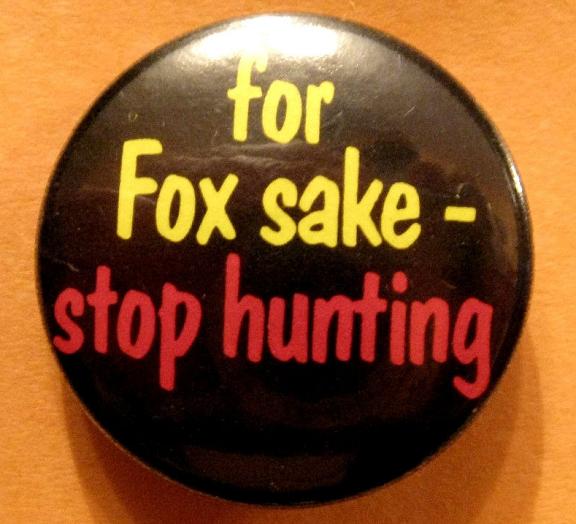Working to promote vegan businesses since 1978. Henry S. Salt Archive - researcher & fundraiser. The Humanitarian League - researcher & fundraiser. The Ernest Bell Library - archive manager. Collecting & republishing historical material of vegetarianism and other humanitarian movements. Running the 'Hum-an-imal Badge Co.'.

No Comments